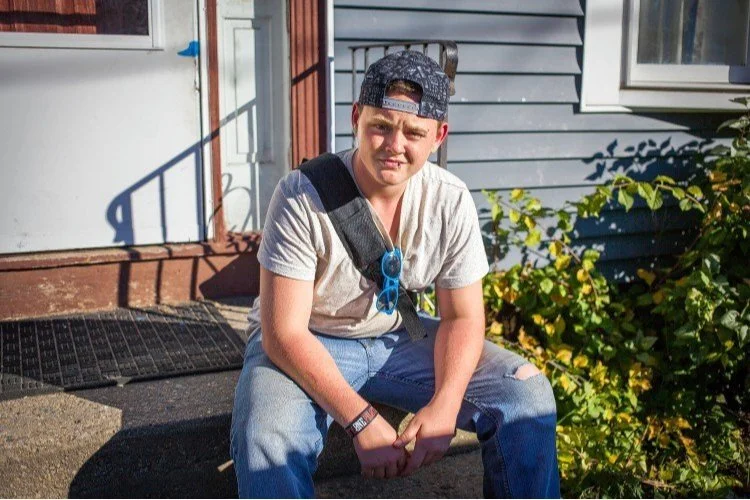Resources for NH foster youth should be protected
By Michelle Wangerin, Director, NHLA Youth Law Project
Roughly 10% of foster youth in the U.S. are entitled to Social Security benefits, either because their parents have died or because they have a physical or mental disability that would leave them in poverty without financial help. This money — typically more than $700 per month, though survivor benefits vary — is considered their property under federal law.
A 2021 NPR/Marshall Project investigation found that in 49 states, including New Hampshire, when a child entitled to these benefits is placed in the foster care system, the state takes the benefit payments, causing a sudden slash in resources for the natural family and leaving child with no nest egg when they age out of foster care. New Hampshire is also among a small group of states that claims veterans survivor benefits from foster youth.
When a family receives federal disability benefits for the support of a child, the family must comply with a host of regulations, including using the money to support that child’s housing and specific needs. If that child is then placed in foster care, the family of origin cannot immediately change their housing to something smaller and more affordable.
This practice has a very real impact on already impoverished youth and families.
What happens when a family has been receiving $700 a month for the care of a child with special needs suddenly loses that money that they had relied on to maintain the child’s home? Those families become immediately at risk of losing their housing. I recently worked with a family in exactly this situation, where a child was placed temporarily in foster care. The family wants the child to go back home, the child wants to go back to this family, and the state wants the child to go back to the family.
But that child will never make it back to the family if the family loses their home.
Typically, families in this situation do not have access to lawyers. I was already working with this family, and with a lot of work, we were able to convince the Department of Health and Human Services to provide rental assistance to maintain the family’s home and gas cards to maintain contact with the child until the child could go home.
That would have never happened without a tremendous effort from legal assistance.
A bipartisan, bicameral group of New Hampshire state legislators have offered a solution, House Bill 1598. The bill, from Representatives Wallner, DeSimone, Mooney, Long, and Senator Rosenwald, would “ensure that social security payments and veterans benefits for children in the care of the department be held securely until the child has reached the age of majority or is no longer in the care of the department.”
If a natural family member - a parent or grandparent, for example - is available and in the child’s life, and it is determined that the the best interest of the child is to reunite with that family member, that family member would continue receiving the funds, to maintain what’s needed for the child’s care.
If the child cannot be reunited with their family, the funds would be saved in the care of the state, to make sure the child’s needs are being met, and if there are funds beyond that, to conserve that money so they can have it and don’t leave custody with lint in their pocket and not way to transition to adulthood.
The full House is scheduled to vote on this bill on February 1. To find your representative and encourage them to vote yes on HB 1598, and protect the meager resources of foster kids with disabilities or who have lost parents, click here.


